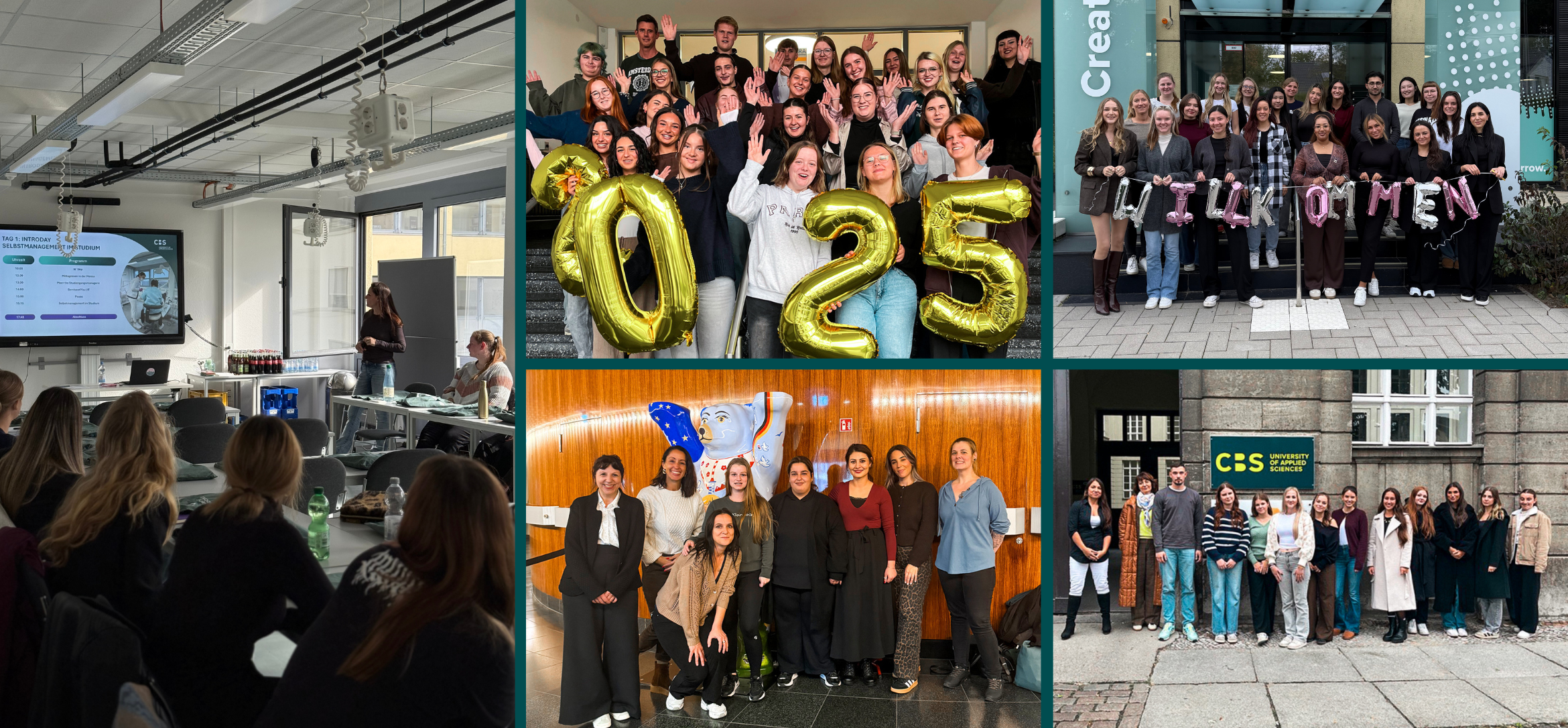
T-shirts from Bangladesh, tea from India, cocoa from Ghana – products from all over the world end up in German shops or are processed by German companies. But working conditions and the environmental standards there are regulated by the countries’ national laws. A supply chain law would oblige German companies to pay attention to the manufacturing conditions of imported goods. Until now, the goods that have been successful on the world market have often been those that are produced cheaply in disregard of social and ecological standards.
Supply chain law: Companies should comply with human rights and environmental standards

What is a supply chain law?
A Supply Chain Law would place mandatory legal obligations on companies based in Germany to pay attention to the social and ecological conditions of imported goods. The law creates a basis for systematic risk analysis to be carried out along the value chain. It also regulates preventive measures to reduce these risks, reporting on the effect of the measures taken, and compensation in the event of damage.
Sustainable globalisation important for Germany
This situation is not compatible with CBS’s sustainability claim of achieving prosperity for all in harmony with nature. Therefore, the President of the CBS Prof. Dr. habil. Elisabeth Fröhlich, together with 70 economists, addressed an appeal to the federal government on 13 January 2021. In it, they demand the swift adoption of a long-discussed supply chain law. It should oblige companies to comply with social and ecological standards in their global business relations. “Germany in particular, with its high current account surpluses and economic dependence on world trade, must promote regulated sustainable globalisation so that the local economy remains viable for the future,” explains Prof. Dr. Fröhlich. “All standard models of international trade state that positive welfare effects for all can only be achieved if irresponsible business practices are prevented and losers of globalisation are compensated,” the statement says. Trade unions, churches, development organisations, human rights, and environmental organisations are also involved in the “Supply Chain Law Initiative” and welcome the call.
Learn more about sustainability & carbon neutrality at CBS
Regional and national media report
The issue came to public attention at exactly the right time: 18 journalists took part in the online press conference of the signatories and subsequently also interviewed Professor Dr. Elisabeth Fröhlich. Regional and national print and online media such as FR, Süddeutsche Zeitung, and Handelsblatt reported on the appeal and its background the next day and quoted the president of the CBS.
Consistently for more sustainability
By supporting this appeal for a supply chain law, the CBS International Business School is consistently pursuing its sustainability strategy in teaching and research. The most recent example of the commitment and the guiding principle “Creating tomorrow”: In November 2020, CBS joined the Global Compact of the United Nations. With more than 11,000 companies from over 150 countries, it is the largest initiative of companies that commit to their overall social responsibility. CBS is involved in numerous initiatives in the area of sustainable management. For example, it is a member of the PRME (Principles of Responsible Management) Board and one of the few German universities to have integrated a sustainability curriculum in all study programmes. It also offers a Master’s degree programme with a focus on sustainable management.
Introducing our “SDG Teaching Map”: Incorporating the Sustainable Development Goals within CBS
Sustainability Day 2019: “Sustainability is no longer enough”
Coronavirus's impact on supply chain & climate - Interview with Prof. Dr. Lisa Fröhlich
















